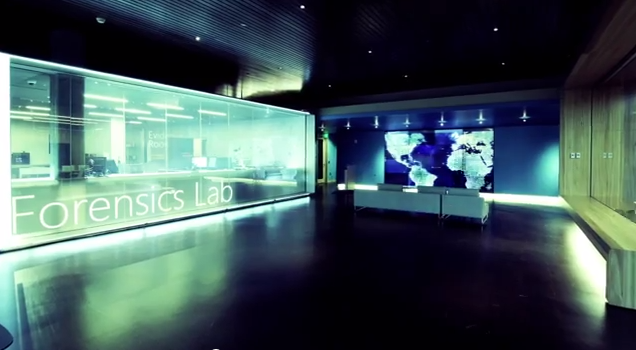Governments and the tech industry around the world have been scrambling in recent years to curb the rise of online scamming and cybercrime. Yet even with progress on digital defenses, enforcement, and deterrence, the ransomware attacks, business email compromises, and malware infections keep on coming. Over the past decade, Microsoft's Digital Crimes Unit (DCU) has forged its own strategies, both technical and legal, to investigate scams, take down criminal infrastructure, and block malicious traffic.
The DCU is fueled, of course, by Microsoft's massive scale and the visibility across the Internet that comes from the reach of Windows. But DCU team members repeatedly told WIRED that their work is motivated by very personal goals of protecting victims rather than a broad policy agenda or corporate mandate.

The DCU used legal techniques it has honed over many years related to protecting intellectual property to move against Storm-1152. The team obtained a court order from the Southern District of New York on December 7 to seize some of the criminal group’s digital infrastructure in the US and take down websites including the services 1stCAPTCHA, AnyCAPTCHA, and NoneCAPTCHA, as well as a site that sold fake Outlook accounts called Hotmailbox.me.
The strategy reflects the DCU’s evolution. A group with the name “Digital Crimes Unit” has existed at Microsoft since 2008, but the team in its current form took shape in 2013 when the old DCU merged with a Microsoft team known as the Intellectual Property Crimes Unit.


 Loading comments...
Loading comments...
